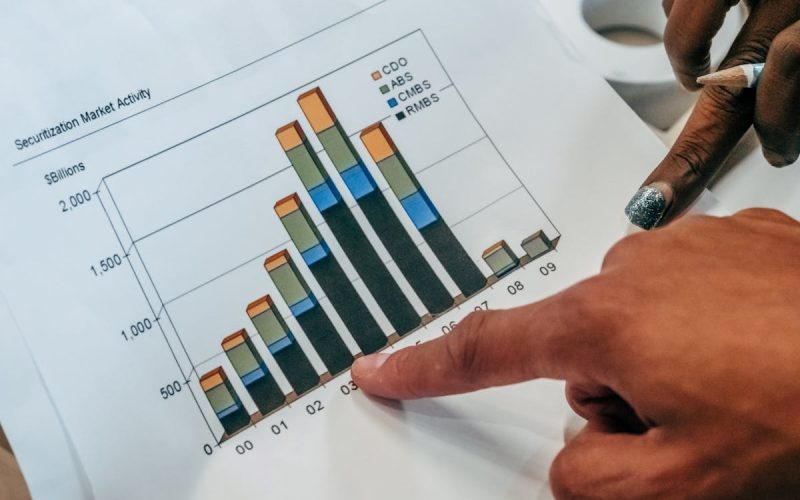The Congressional Budget Office (CBO) plays a critical role within the framework of United States governance, contributing significantly to informed decision-making processes regarding the federal budget and economic policy. Established in 1974, the CBO is a nonpartisan agency that supplies Congress with essential budgetary and economic information.
The Goals and Purpose of the CBO
The core function of the CBO is to offer unbiased analysis to assist Congress in making informed financial choices. The agency focuses on three main goals: projecting the economy, predicting the budget, and evaluating particular federal actions that impact the budget.
Financial Predictions involve estimating crucial economic indicators like GDP growth, unemployment rates, and inflation. These predictions assess how economic circumstances could affect the federal budget in both the short and long run.
Financial Forecasting plays a crucial role in developing strategies and ensuring fiscal accountability. The CBO offers comprehensive analyses on the probable effects of existing fiscal strategies. This involves estimating future federal income and spending according to current regulations, assisting decision-makers in evaluating adjustments necessary to achieve fiscal objectives.
Programmatic Analysis is where the CBO assesses the budgetary effects of various federal programs. By analyzing proposed legislation, the agency evaluates the cost implications and the potential economic impact of these programs.
The Methodology of CBO’s Publications
The production of assessments and reviews by the CBO adheres to a meticulous process. An accomplished team of economists, policy specialists, and budget professionals work together to guarantee that the reports are precise and unbiased.
Initially, the CBO gathers data from a broad array of sources, including federal agencies, academic institutions, and private organizations. This data is then meticulously analyzed to predict economic trends and budgetary outcomes.
The CBO frequently engages in consultation with a panel of economic advisors. These experts provide insights and critiques that help refine the CBO’s projections and economic models. By relying on multiple inputs, the agency ensures its reports are as comprehensive and unbiased as possible.
The Impact of CBO Reports on Policy Making
The influence of CBO reports on policy making cannot be overstated. Legislators depend on these analyses to understand the fiscal impacts of proposed laws. For instance, the CBO’s cost estimates for healthcare reforms or tax legislation often shape the legislative debate.
Think about the Affordable Care Act (ACA): the evaluation by the CBO regarding the ACA’s possible expenses and savings was critical in shaping discussions and impacting the final design of the law. In the same vein, when the Tax Cuts and Jobs Act appeared, CBO documents outlining expected shortfalls and trends in economic growth played a key role in legislative dialogues.
These examples illustrate how the CBO acts not only as a source of information but also as a driver of fiscal accountability and transparency.
Challenges and Criticisms
Aunque la CBO es muy respetada, también enfrenta desafíos y críticas. Una crítica común es la dificultad inherente de hacer pronósticos económicos a largo plazo, los cuales están sujetos a cambios debido a eventos imprevistos. Además, dado el carácter no partidista de la CBO, a veces se enfrenta a cuestionamientos de partes del Congreso cuando los resultados entran en conflicto con objetivos políticos.
La agency adapta continuamente sus estrategias para mejorar su capacidad de predicción. Por ejemplo, al integrar modelos económicos innovadores y ajustarlos conforme las condiciones varían, garantizan que sus pronósticos sean tanto relevantes como confiables.
Reflecting on the role of the CBO, it is clear that the agency is indispensable in the legislative process. Through steadfast adherence to impartiality and rigorous methodology, the CBO provides an objective financial lens through which policy is crafted, debated, and ultimately enacted. This integrity supports a budgetary process that strives to reflect careful planning, evidence-based policy decisions, and transparency.




